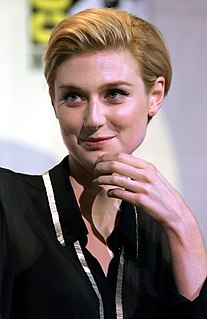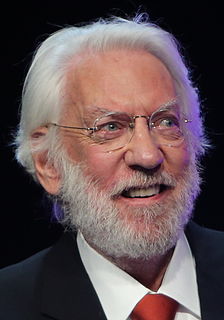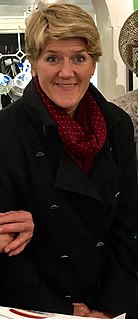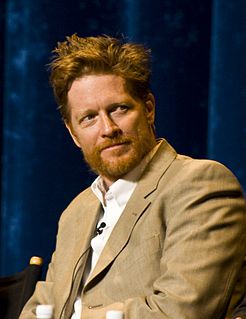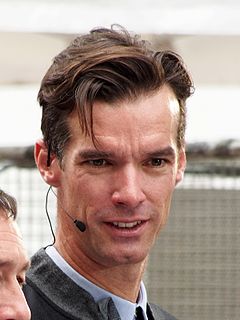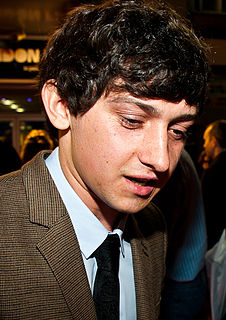A Quote by Elizabeth Debicki
I don't have a story about an epiphany in which I suddenly realised I wanted to be an actor. It was much more a case of the idea dawning on me gradually.
Related Quotes
I think failing the qualifying or the 11-plus actually hurt me more than I realised. After I'd become a professor of physics at the Open University, I suddenly thought, 'This is a bit silly.' So I suddenly became much more open about it. But I think probably I was hurt by the failure and didn't want to talk about it.
I come from Nova Scotia, and I'd never seen a theater or been inside of a theater. When I was 17, my dad asked me what I wanted to do, and I said I thought I would like to be an actor. I didn't have any idea what it was to be an actor. None. I'd wanted to be either an actor or a sculptor, which are both essentially the same thing. That's how it all started for me.
Perhaps if there is anything remotely interesting about my writing style, it is this: more often than not I have no idea what the story is going to be about. Sometimes I have a fuzzy vision, or a glimpse of one scene, or a character. But mostly all I have is a random first sentence, and I follow it to see where it might go. For me, writing is the process of discovery, of gradually figuring out what happens in the story and how it ends, that makes writing an interesting process for me.
But I've always felt that the less you know about an actor's personal life, the more you can get involved in the story in which he's playing a character. And I don't like to see movies where you know about everything that happens behind the scenes. I can't engage in the story if I know what's going on in the actor's head.
Most of us grew up with a very damaging story that something is wrong with us. Gradually - or as in my case, suddenly - we become resolved not to believe this anymore. It takes a dedicated practice to follow up on that resolution, because the conditioning is very strong to keep generating self-demeaning stories.
The first time I thought I should be an actor was in school. I thought, 'At least this is something for which I won't have to study.' But I've realised that an actor needs to be constantly unsure about what he's doing and about what's going on around him. The moment you think you've nailed it, you're dead.
